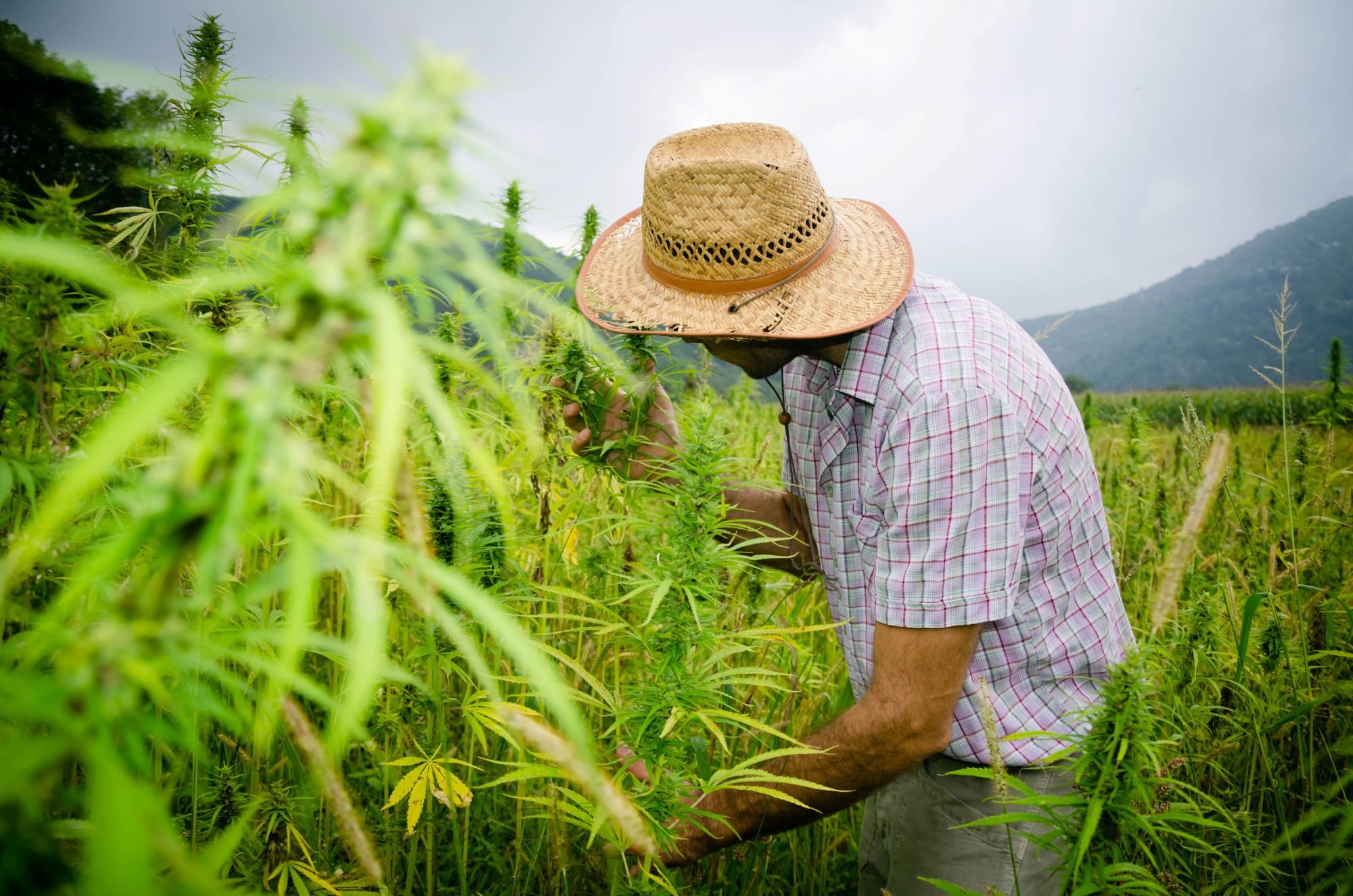There's little doubt that the U.S. market is the focus for Canopy Growth (CGC 2.46%). The company is certainly in a good position to capitalize on the opportunities there, as it has been working on developing beverages with partner and key investor Constellation Brands. It also has a pending deal with Acreage Holdings that can be consummated if the federal ban on marijuana is lifted in the U.S.
But I believe the company is too focused on the U.S. market, especially since legalization may still be years away. Canopy Growth appears to be all in, with CEO David Klein stating in February that he expects the company to be operating in the U.S. THC market in the current calendar year. It's a risky strategy given that its operations aren't in great shape today.

Image source: Getty Images.
Canopy Growth is coming off a bad quarter
On June 1, the Canada-based cannabis company reported its fourth-quarter earnings for the period ending March 31. Although the company generated 37% revenue growth year over year, its net sales of 148.4 million Canadian dollars in the period were less than the CA$152.5 million it reported in the third quarter. And those sales numbers look less impressive given the company's gross margin in Q4 totaled just CA$9.8 million. Even in a good quarter, Canopy Growth normally has less than 20% of its revenue left over after cost of goods sold.
It's a symptom of perhaps being too aggressive on price for the sake of generating revenue growth. Some good news is that its recent acquisition of Supreme Cannabis (SPRWF +0.00%), which sells premium cannabis products, should help on that front. During the first three months of 2021, the company's gross margin (excluding fair value items) was 26% of net sales, and the period before that it was over 45%. But with just CA$53 million in revenue over the trailing 12 months, it won't represent a huge chunk of Canopy Growth's business.
However, Canopy Growth says that it remains on track for hitting adjusted EBITDA profitability in the latter half of fiscal 2022 (which gives it less than a year to meet the goal). And in Q4, its adjusted EBITDA loss of CA$94 million was worse than its Q3 loss of CA$68 million. Another troubling number is the CA$98 million the company burned through in cash to fund its day-to-day operating activities last quarter, which is up from CA$88 million in the previous period.
Canopy Growth's attention should be on solidifying its operations to ensure it's in a good financial position to grow its business rather than launching a hemp-based beverage (Quatreau) south of the border and signing a distribution agreement with Southern Glazier's Wine & Spirits; the global cannabis beverage market was worth just $1.15 billion in 2020 and includes more than just hemp products.
Even if the U.S. market opens up soon, that's going to require more cash, and could lead to even poorer results for Canopy Growth due to what will likely be an aggressive growth strategy out of the gate. And with many other multistate operators to compete with, it won't be a slam dunk that it will dominate and grab significant market share.
Why this could set up Canopy Growth's stock for significant losses this year
There are two things that can move Canopy Growth's stock: positive news surrounding U.S. legalization efforts and quarterly results. But there's little reason to be optimistic on either front at this point. While the company may be saying the right things, there needs to be something tangible to back that up. And right now, there isn't. To make matters worse, Klein has effectively started the countdown for both legalization and profitability. Neither one is a certainty, and the further the year drags out and investors don't see some positive news to suggest the U.S. is close to legalization or that Canopy Growth has significantly improved its adjusted EBITDA, the more likely it will be for the stock to crash.
Optimistic expectations are built into the stock's price, which explains why it trades at more than 22 times its revenue while investors are paying just 12 times sales for Tilray, which is larger in size and a stronger company with its merger with Aphria now complete. With an inflated valuation, Canopy Growth's shares could be ripe for a sell-off this year.






